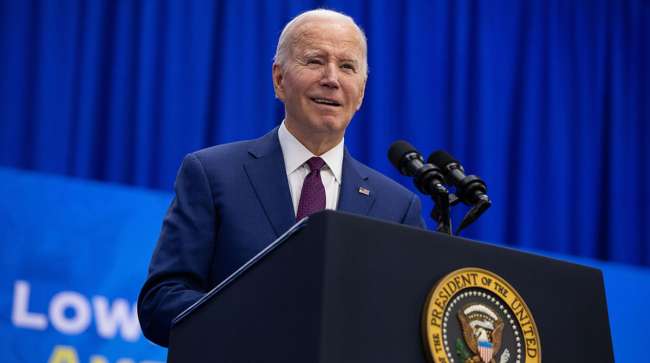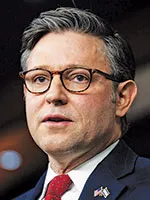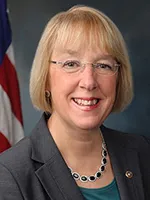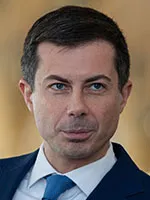Senior Reporter
Biden Enacts Fiscal 2024 Bills

[Stay on top of transportation news: Get TTNews in your inbox.]
Enactment of a fiscal 2024 funding package by President Joe Biden over the weekend paves the way for negotiations on next fiscal year’s funding measures.
Biden on March 23 signed into law a second tranche of appropriations bills, consisting primarily of defense-centric measures. The $1.2 trillion package’s enactment averted a partial shutdown at the Pentagon and other federal departments. Earlier in the month, the president enacted into law fiscal 2024 funding measures for the U.S. Department of Transportation and other agencies.
“The bipartisan funding bill I just signed keeps the government open, invests in the American people, and strengthens our economy and national security. This agreement represents a compromise, which means neither side got everything it wanted,” Biden said in a statement. The White House is continuing to call on Congress to approve emergency aid legislation specific to the wars in Europe, the Middle East and domestic border security.
When members of Congress return to Washington on April 8 after their Easter recess, House Speaker Mike Johnson (R-La.) emphasized his caucus intends to prioritize funding initiatives targeting border security.

Johnson
“Over the next two weeks, we will be in active discussions among members and leadership to roll out an aggressive plan to highlight the contrasts between the two parties on the catastrophe at the southern border that is killing countless Americans,” he said March 22. “We will introduce a series of meaningful bills to begin to fix the problem, and we welcome sensible Democrats in the House and Senate to join us.”
On the other side of the Capitol, the Senate’s funding leader expressed optimism about a majority of her colleagues’ ability to reach bipartisanship to advance fiscal 2025 measures. The new fiscal year begins Oct. 1.

Murray
“I hope my House Republican colleagues now understand that bipartisanship is the only path forward in a divided government and that they continue to work with us — not against us — to deliver for the American people,” Appropriations Committee Chairwoman Patty Murray (D-Wash.) said March 23.
The president’s fiscal 2025 budget request, unveiled March 11, would provide the Federal Motor Carrier Safety Administration $964.5 million for the fiscal cycle beginning Oct. 1. For other agencies, the president is requesting the Federal Highway Administration receive $62.8 billion, the Federal Transit Administration receive $16.8 billion, the Federal Railroad Administration receive $3.2 billion, and the National Highway Traffic Safety Administration receive $1.2 billion. Overall, the White House’s fiscal 2025 budget request for federal government operations came in at $7.3 trillion.

Buttigieg
“I would like to believe that the priorities that were laid out — the infrastructure gains that the deputy secretary walked through, the aviation safety improvements and enhancements that the administrator walked through, a measure like making sure that private jets pay their fair share into the system or any of the infrastructure priorities that we are talking about and asking be funded in this budget, including hiring more air traffic controllers — ought to be a bipartisan priority,” Secretary Pete Buttigieg told reporters March 11. The congressional funding committees will schedule hearings with the secretary in the spring to review the White House’s budget request.
According to background information about the fiscal 2025 request the department provided: “DOT will continue historic investments in nationwide infrastructure, building the physical strength of transportation facilities and bolstering our supply chains through the modernization of our infrastructure. DOT will focus not only on getting grant dollars out the door, but also on helping projects get off the ground through technical assistance, environmental reviews, civil rights compliance and meaningful public involvement to ensure that projects meet the needs of the communities they impact.”
Want more news? Listen to today's daily briefing below or go here for more info:



